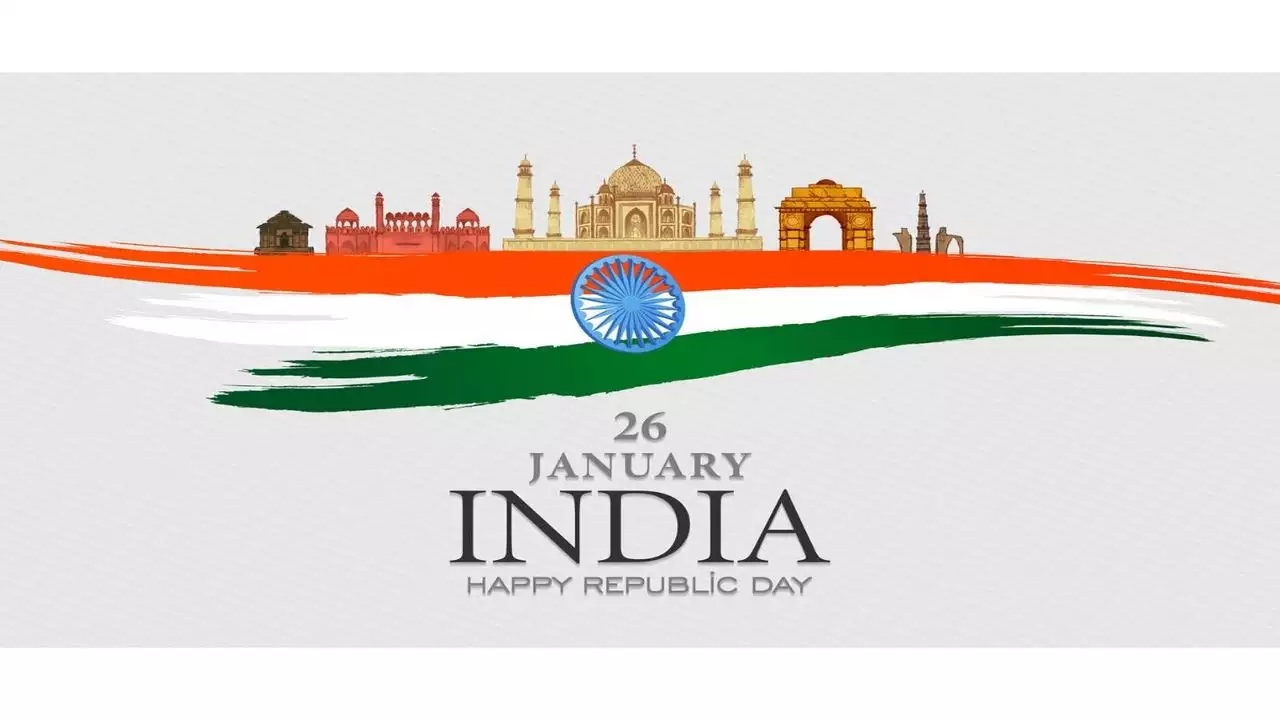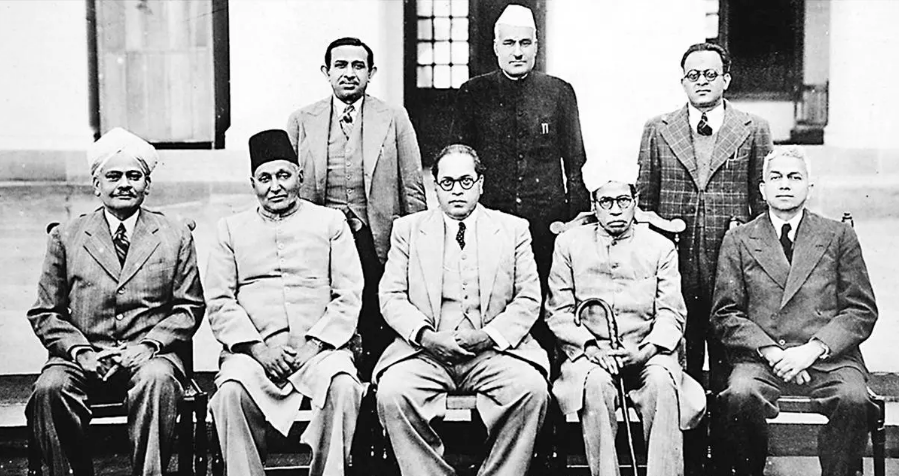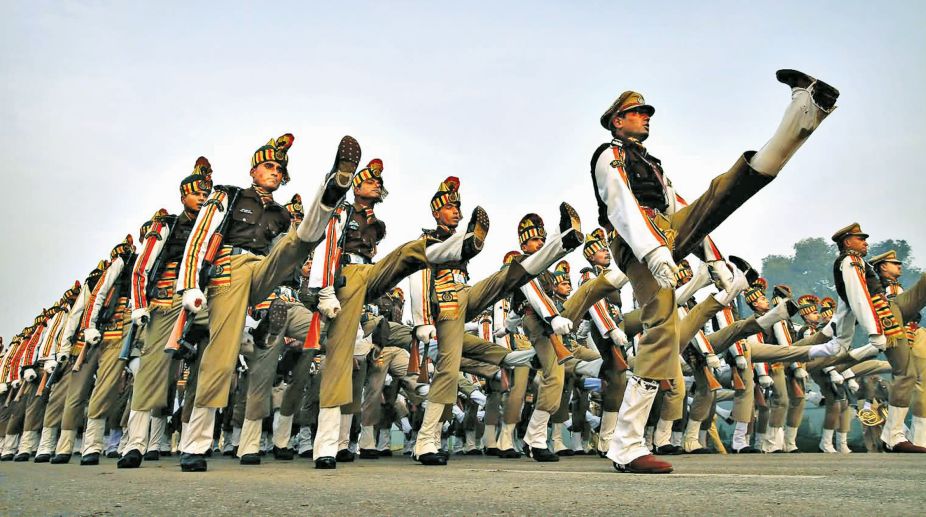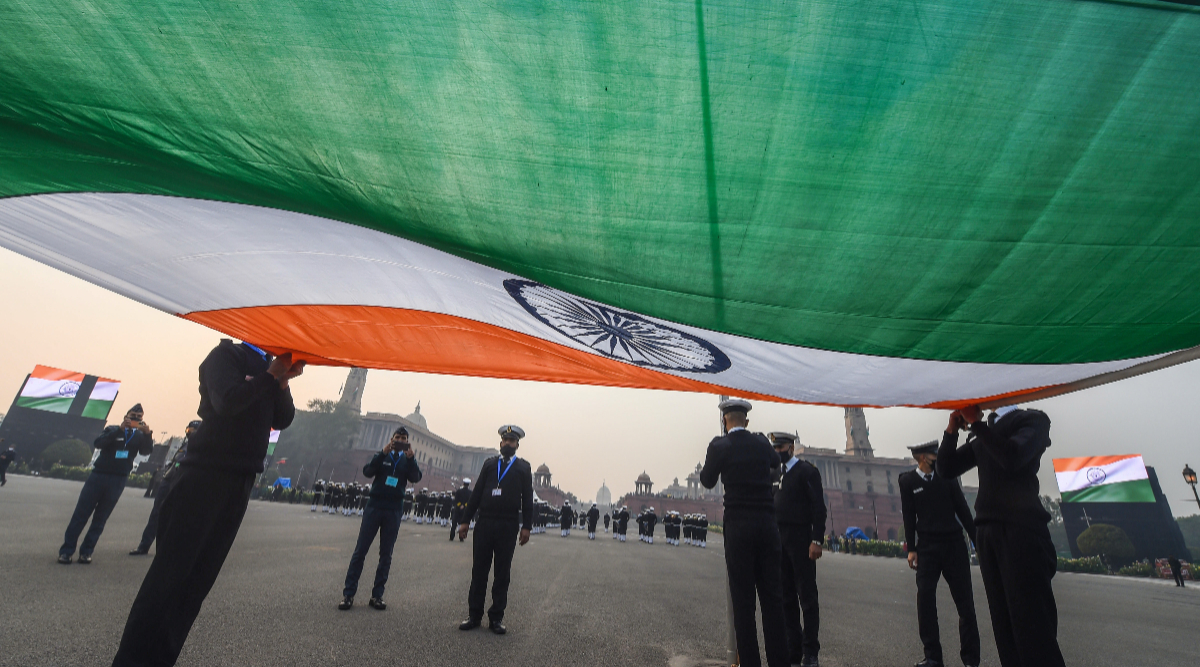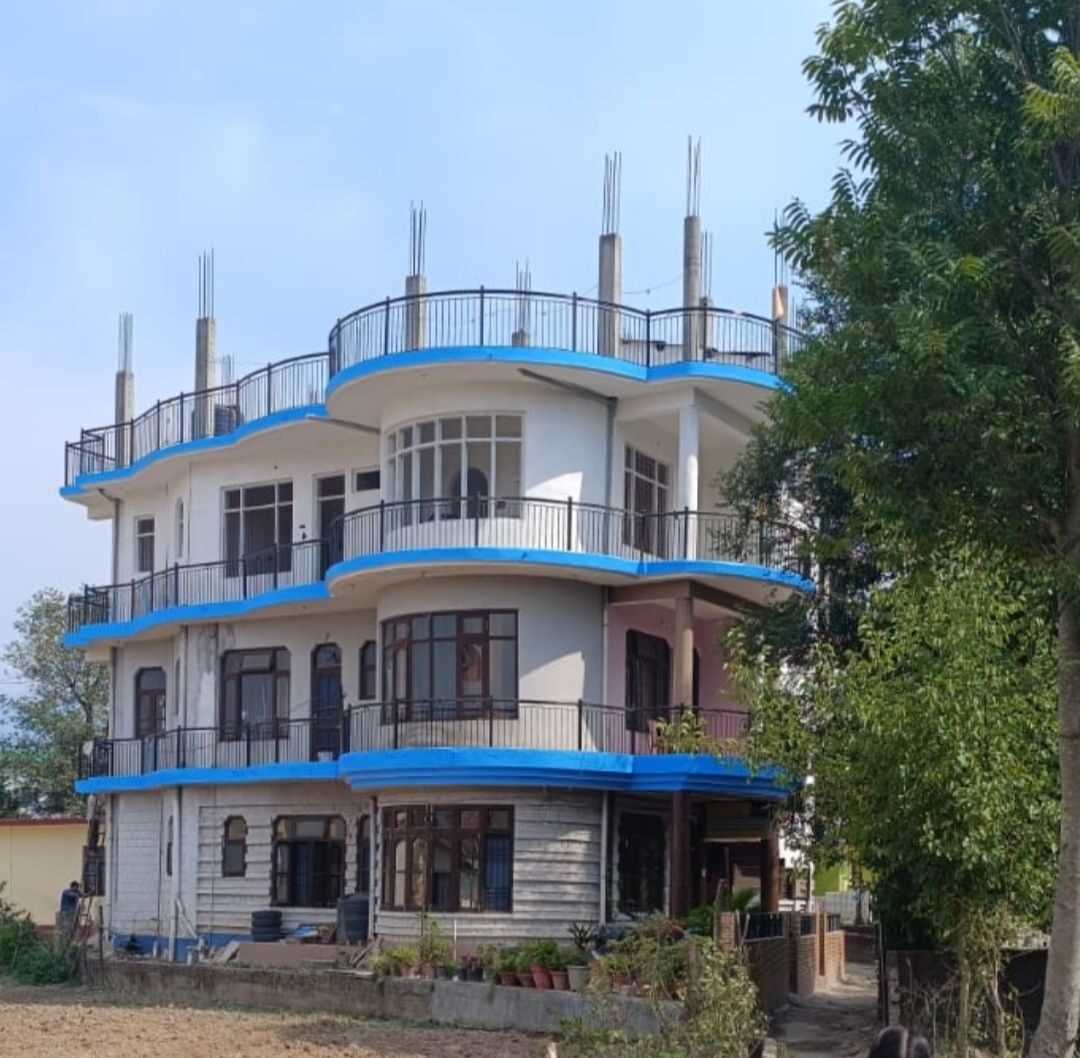Republic Day 2024: A Celebration of Unity, Diversity, and Democracy
Republic Day in India is a momentous occasion celebrated annually on January 26th. It marks the day when the Constitution of India came into effect in 1950, transforming the nation into a sovereign republic. The day is observed with patriotic fervor, grand parades, and cultural festivities, symbolizing unity in diversity and honoring the principles of democracy, justice, and equality. Republic Day serves as a reminder of our collective commitment to building a progressive and inclusive nation.


The Indian Republic Day’s historical background
India’s struggle for freedom is the basis of Republic Day’s historical background. India did not have a constitution when it became independent on August 15, 1947. It stuck to a modified version of the Government of India Act of 1935 for its laws and governance system.
A proposal to establish a Drafting Committee to create an Indian permanent constitution was introduced in the Constituent Assembly on August 29, 1947. As a result, Dr. B.R. Ambedkar was nominated to chair the Drafting Committee. On November 4, 1948, the Committee presented the final version of the Constitution to the Constituent Assembly.
On November 26, 1949, the Constituent Assembly declared the Draft Constitution approved after lengthy discussion and important changes. On November 26, 1949, the Constitution’s limited terms were enacted. On January 26, 1950, most of the Constitution did, however, come into effect. India genuinely became a sovereign nation on that day.
On January 26, 1950, Dr. Rajendra Prasad unfurled the Indian National Flag, and 21 guns were saluted to commemorate the event. Following that, January 26th was declared India’s Republic Day.
The reason the 26th of January was expressly selected as the “date of commencement” of the Constitution was because Purna Swaraj Day was observed on this day in 1930, after the INC’s resolution from its December 1929 Lahore Session.
Constitutional Adoption:
Republic Day in India is inseparably linked to the visionary work of Dr. B.R. Ambedkar, the chief architect of the Indian Constitution. Dr. Ambedkar played a pivotal role in drafting this foundational document, which embodies the core ideals of justice, liberty, equality, and fraternity. His tireless efforts and leadership ensured the creation of a constitution that not only guaranteed fundamental rights to every citizen but also laid the groundwork for a robust democratic system. The adoption of this constitution on January 26, 1950, marked a historic moment in India’s journey towards becoming a sovereign republic.
You may also read: https://himachal.blog/stock-market-fundamental-analysis/
Grand Celebrations:
The President of India presents the national flag, and a grand parade showcasing the nation’s advanced technology, cultural diversity, and military might take place in the capital city of New Delhi on this day.
Patriotic Enthusiasm:
Republic Day goes beyond being a mere public holiday; it stands as a day infused with national pride and patriotic enthusiasm. Educational institutions throughout the country arrange events to foster a feeling of unity and pride among the citizens.
Cultural Showcase:
The Republic Day parade unfolds as a captivating cultural extravaganza, adorned with a myriad of traditional dances, vibrant displays, and diverse performances. This spectacular showcase not only celebrates the artistic richness embedded in India’s heritage but also highlights the nation’s cultural diversity dazzlingly and memorably.
Renewal of Commitment:
Republic Day is more than just a holiday; it’s an important reminder of the principles that the Constitution upholds. This occasion allows a collective proof of devotion to preserving the core values of democracy by getting people to consider their duties to the country. It highlights the continuous process of creating a society that is more just, equal, and democratic, and it inspires a sense of responsibility and commitment among the general public.
Conclusion
India’s Republic Day is a potent reminder of the country’s long history of achieving democracy and sovereignty. Beyond the lavish festivities, it is a call for citizens to pledge their devotion to the values of justice, liberty, equality, and fraternity, as well as a symbol of unity in diversity and the visionary architects of the Constitution. Republic Day transforms into a nationwide declaration of India’s common ideals and a dedication to creating a forward-thinking and inclusive future as the tricolor unfolds. Hail Hind!





